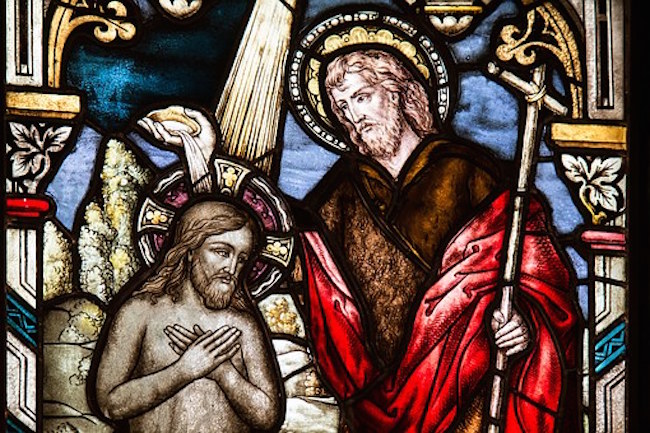What should I do if I’m questioning my salvation? from Compelling Truth
Having doubts about or questioning one’s salvation is a common experience. While Paul charged the Christians in Philippi to “work out your own salvation with fear and trembling,” he finished that sentence saying, “for it is God who works in you, both to will and to work for his good pleasure” (Philippians 2:12–13). The father who brought his afflicted son to Jesus for healing cried, “help my unbelief” (Mark 9:24). In figuring out our salvation and exploring these doubts, we should invite God to work in our hearts and to strengthen our faith.
Salvation comes when we have recognized how our own sinful nature leaves us in need of a savior, turn from our sinful ways (repent) and trust instead in Jesus’ righteousness and His work on the cross on our behalf, and that trust becomes devotion to walking with God in every way. Salvation is granted by God’s grace and received through faith (Ephesians 2:8–10).
Salvation is not simply giving mental assent to the fact that Jesus is God’s Son, died on the cross, and rose again. “Even the demons believe—and shudder!” (James 2:19). Rather, it is life change; we are made new (2 Corinthians 15:17–21). John explained in 1 John 2:5–6, “By this we may be sure that we are in him: whoever says he abides in him ought to walk in the same way in which he walked.” John expounded, “Whoever keeps his commandments abides in him [God], and he [God] in them. And by this we know that he abides in us, by the Spirit whom he has given us” (1 John 3:24). Salvation occurs when we turn from our sin and trust in Jesus, and as a result walk in step with God’s Spirit (Romans 8:4).
A good place to start when questioning salvation is returning to that first step of repentance—simply acknowledging before God our own brokenness and deep need for His saving work. Peter told his audience, “Repent therefore, and turn back, that your sins may be blotted out, that times of refreshing may come from the presence of the Lord” (Acts 3:19–20).
We also need to recall what the Bible says about the nature of salvation. Paul declared, “There is therefore now no condemnation for those who are in Christ Jesus” (Romans 8:1). There is no need to wonder if repentance and faith in action are enough to spare us from eternal condemnation. Paul was very clear that there is no condemnation. The Greek word for “no” in this verse literally means “not even one” or “not any at all.” Paul encouraged the Corinthians in 2 Corinthians 3:4–6, “Such is the confidence that we have through Christ toward God. Not that we are sufficient in ourselves to claim anything as coming from us, but our sufficiency is from God, who has made us sufficient to be ministers of a new covenant, not of the letter but of the Spirit.” Paul had complete confidence that Jesus’ sacrifice was sufficient to cover his sins and enable him to live the life of ministry to which God called him.




